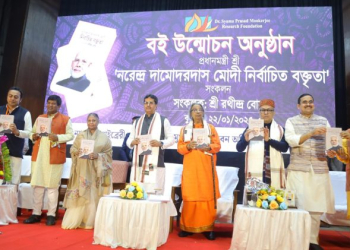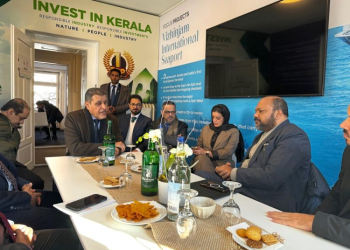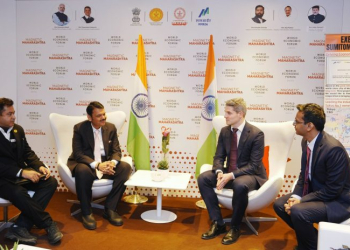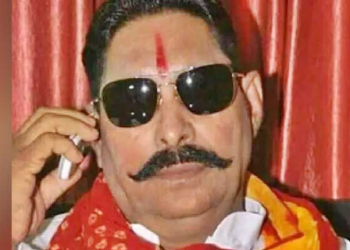New Delhi: The Union Ministry of Law on Friday said that since the Covid lockdown period, more than two crore virtual hearings have been held by the courts across India, making the country a world leader in virtual hearings.
Live Streaming of court proceedings have started in Gujarat, Odisha, Karnataka, Jharkhand, Patna and Madhya Pradesh High Courts and Supreme Court of India.
Twenty-one virtual courts in 17 states / UTs have been set up to try traffic offences. These courts have heard more than 2.21 crore cases and realised Rs 325 crore in fines. The Delhi High Court has started 34 Digital Courts to hear cheque bounce cases under the Section 138 of NI Act.
An eFiling system has been rolled out for the electronic filing of legal papers. This allows the lawyers to access and upload documents related to the cases from any location 24X7 which makes coming to the court for filing of papers unnecessary.
To make justice delivery inclusive and to bridge the digital divide, 619 eSewaKendras have been rolled out for helping the lawyer or litigant who needs any kind of assistance ranging from information to facilitation and eFiling.
Citizen centric services are provided through seven platforms or service delivery channels for providing real time information on case status, cause lists, judgements, etc., to lawyers/litigants.
The services are SMS Push and Pull (2,00,000 SMS sent daily), email (2,50,000 sent daily), multilingual and tactile e-Courts services Portal (35 lakh hits daily), Judicial Service Centres (JSCs), Info Kiosks, e-Courts Mobile App for lawyers/litigants (with 1.50 crore downloads till 01.11.2022 and Just IS app for judges (17,664 downloads till 31.10.2022).
National Service and Tracking of Electronic Processes (NSTEP) has been developed for process serving and issue of summons and is currently functional in 26 states/UTs.
To bring awareness to the public about the justice sector, advertising various schemes of the Department and to give status of various fields to the public, 38 Justice Clocks have been installed at 24 High Courts.
As part of the WAN project, connectivity to 2,973 of 2,992 court complexes (99.3 per cent sites) have been provided with 10 Mbps to 100 Mbps bandwidth speed using various technologies like OFC, RF, VSAT, etc.
Using the National Judicial Data Grid (NJDG), developed with elastic search technology, lawyers and litigants can access case status information of 21.44 crore cases and more than 19.40 crore orders/judgments.
(IANS)





















